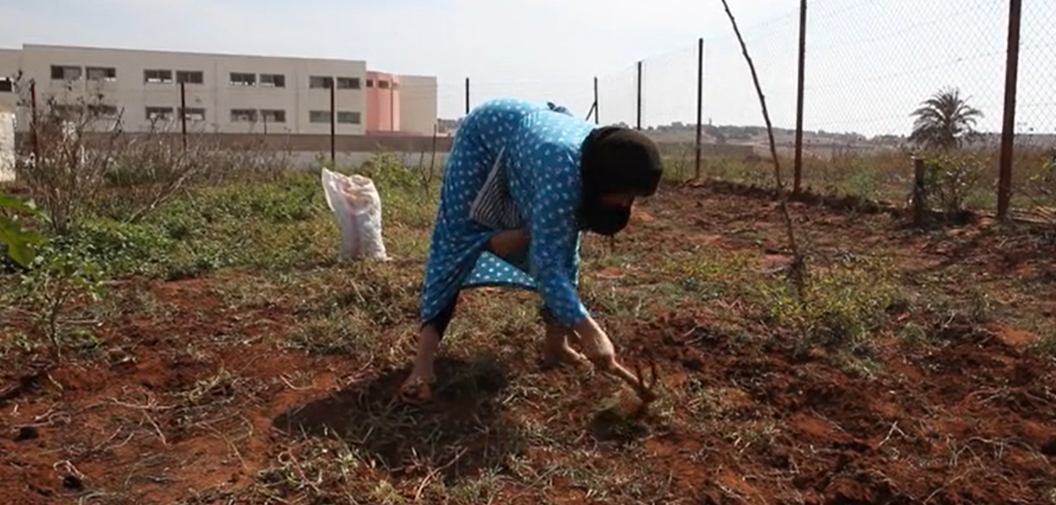Casablanca's 360 urban farming project
Introduction
In Casablanca, home of some 4.6 million people, has witnesssed rapid urbanization owing to rural-urban migration. Many migrants, formerly farmers, have no formal jobs. The German Federal Ministry of Education and Research (BMBF) initiated urban agriculture as a research and demonstration project under the research program “Research for the Sustainable Development of Megacities of Tomorrow – Energy- and Climate-Efficient Structures in Urban Growth Centres” of the Federal Republic of Germany.
Undine Giseke, the project manager, said in a video "Future Megacities - Urban Agriculture in Casablance", that the topic was unknown a decade ago when the project started. Abdelaziz Adidi, institutional coordinator, said in the video the idea was strange because people thought agriculture was for rural areas. But, said Giseke, there is a blending of the urban with the rural in Casablana.
The idea behind the project was to integrate agriculture at a small scale into the urban landscape and cooperate with schools. The agriculture was to be practiced around informal settlements because women who live in them usually did not venture outside their boundaries. They were looking for income and food, said in the video Gisela Prystav, Technical University of Berlin. Most were unemployed or at best had seasonal jobs.
An interesting aspect of the project was ensuring a supply of water, using treated wastewater, both sewage and industrial effluents. Ahmed Chahed, Technical University of Berlin, said in the video bioremediation was used to treat sewage. Water was passed through several settling tanks and finally into a gravel tank planted with rice. The resulting effluent was devoid of organic loads but was rich in nitrogen and phosphorous. This was further disinfected through solar radiation and used for farming.
Youth from schools were engaged in the project to make them aware of what agriculture could do for the city, said Giseke. They would serve as multipliers.
Another aspect, said GIseke, was to explore if poor farmers could offer certain services to the city by greening the landscape and tourist facilities. They could enhance their incomes by offering picnic areas.
A farmer from the Women's Cooperative of Hadaba in Sidi Musa Ben Ali said things had improved for them since the project started. They divided responsiblities on growing and selling. Things were harder in winter when they had to contend with rain and slushy roads.
Farmers are trained at an ecological farm to use organic inputs, drip irrigation and mulching. It has helped them improve their self-worth. It has helped maximise the use of small farm holdings, usually less than 1 hectare per farmer. Therefore, the project also worked on market linkages to help farmers get access to markets with small volumes of crops.
They project engaged with local industries as well, said Giseke. The negotiations covered reducing the use of water by industry while ensuring effluents were treated before being released so it could be reused. Mohammad Chlaida, University of Hassan, said they ensured the water quality was taken seriously by industry and modern treatment methods were used.
Thus, the project has gone beyond just farming to enhancing the quality of life in informal settlements for migrants who have settled from rural areas.





Trending Discussions
From around the site...
“Absolutely interested! I'll connect via email to discuss reviewing and enhancing the Economic Analysis of Climate...”
Adaptation-related events at COP28 (all available to follow/stream online)
“Please check out these adaptation-related events taking place at COP28 - all available online (some in person too if...”
Shining a light for biodiversity – four perspectives to the life that sustains us. Four hybrid sessions.
“30 November to 19 December 2023 - Four Sessions Introduction The SDC Cluster Green is happy to invite you to the...”